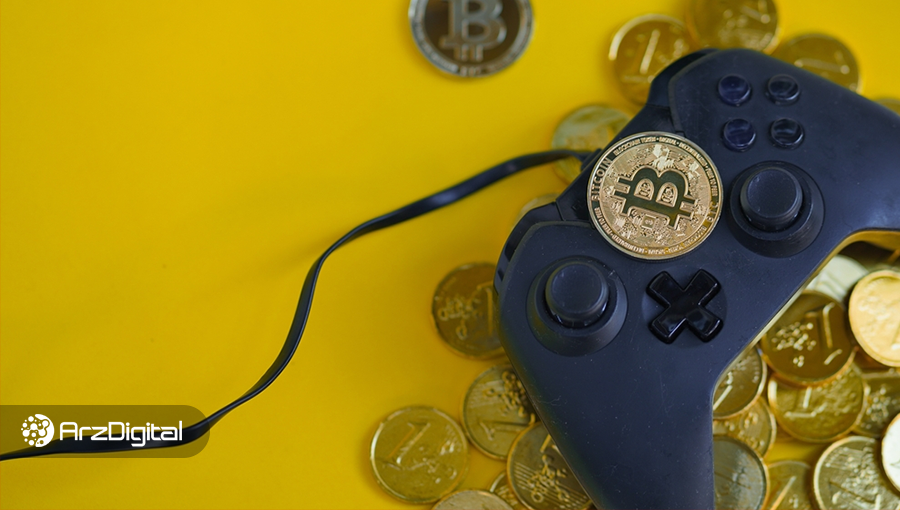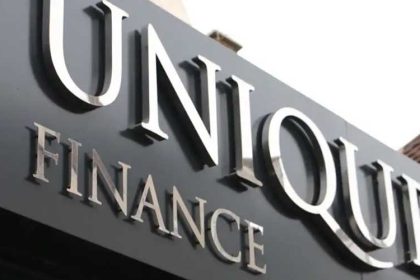Surveys by a cyber security assessment company show that for most GameFi projects, profit is a higher priority than security. These projects and their users are exposed to many risks.
According to Cointelegraph, Hacken, a cyber security review company, has warned about the cyber security measures of GameFi games and has described their level as unsatisfactory. Games that follow a play-to-earn (P2E) strategy are also classified under GameFi.
According to this report, GameFi projects, in most cases, by publishing products that have not been checked for security against hackers, consider profitability higher than security.
GameFi projects do not even take advantage of the most essential cyber security recommendations and leave many holes unprotected against malicious agents.
Most of these games have non-material tokens (NFT) in their ecosystem in addition to digital currencies. Major projects in this field, such as Axie Infinity and StepN, use a wide range of different services such as token bridges, blockchain networks, and physical goods to enhance the user experience.
Hacken researchers have concluded that GameFi projects have serious security flaws, based on data from the security rating service CER.live. According to this survey, none of the 31 GameFi tokens reviewed have received the highest score, while 16 of these projects have received the worst score of this assessment.
Also read: Play and earn money; The best blockchain games
The ranking of these projects was in such a way that different aspects of their cyber security such as evaluation of tokens, availability of bug bunties, availability of insurance and publicness of the team were taken into consideration.
The report states that GameFi projects often get low scores; Because none of them are covered by insurance, and in case of hacking, users’ funds will not be returned immediately.
Dan Thomson, Chief Marketing Officer of InsurAce, a digital currency insurance company, announced today that no P2E project has been covered by this company.
Among the reviewed projects, only two projects, Oxy Infinity and Aavegotchi, have a bug bounty and reward white hat hackers for finding bugs in the project.
Finally, it was found that only 14 of the investigated projects have token evaluation projects and only 5 of them have security hole detection platforms. These five projects are Radio Caca, The Sandbox, Awaguchi, Alien Worlds and DeFi Kingdoms.
In this report, it also pointed to token bridges as a suitable point for the accumulation of vulnerabilities in these games. Oxy-Infinity’s game token called Ronin faced one of the biggest vulnerabilities in the digital currency industry in March and lost $600 million worth of tokens.
As P2E games grow in popularity, the number of security exploits and the dollar value stolen from projects will likely increase, Hacken said. The company has advised gamers to do their own security checks before paying large sums of money into projects.
And of course, keep in mind that investing in P2E is potentially profitable but quite risky.
On Wednesday, cryptocurrency analyst Miles Deutscher asked his followers which area could host the next security breach, noting that various areas of the cryptocurrency industry are undersecured. Maybe the answer to Deutscher’s question is clear!
RCO NEWS


















